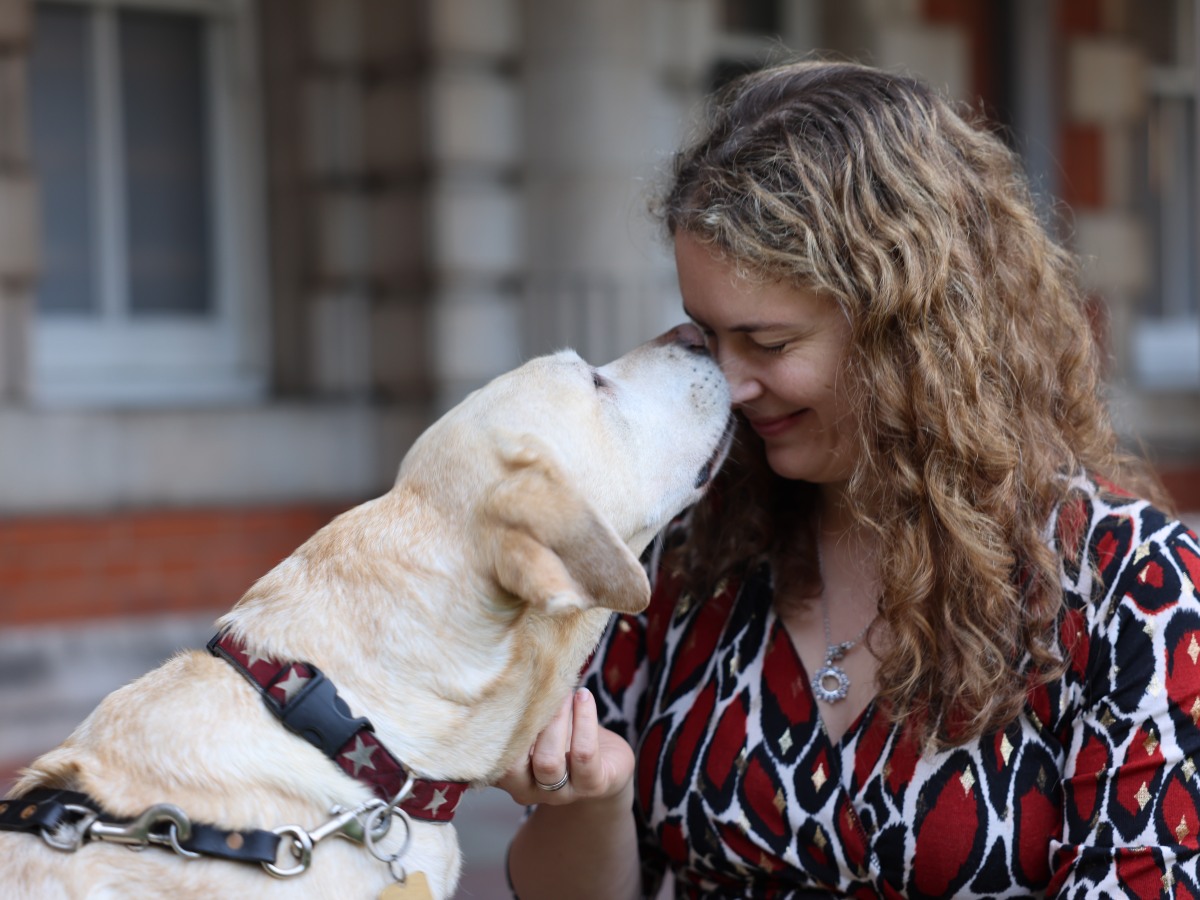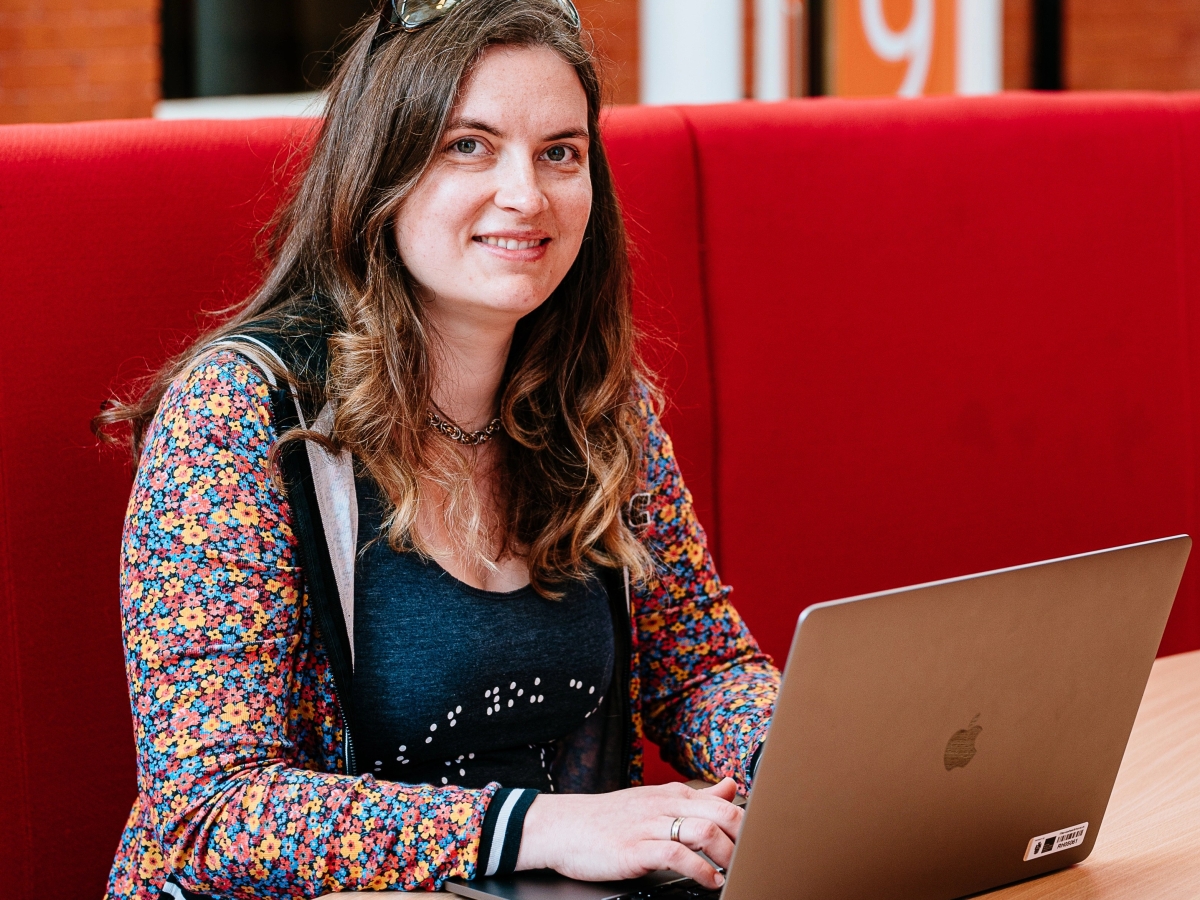I’m not finding it easy to write this post but I feel that it is important to be read. Ableism is something many people outside of the disability community or those not close to it have never even heard of. Yet, it’s something we live with every day. So what is it? In a nutshell, ableism is the preference for able-bodied people. It means that society just likes bodies that work in a very specific way, the way that is perceived as ‘normal’. So, all of us who have bodies that aren’t like that are seen as less desirable, in need of fixing, or even as not fully human. You think that sounds a bit extreme? Read part 2 of this post and you’ll see that it’s actually an understatement.
Ableism is everywhere. It’s in buildings that aren’t accessible, it’s in the portrayal of disability in the media as something that is to be pitied or requires fixing, it’s in the ‘inspiration porn’ that makes people gush over a disabled person putting on a kettle, and it’s in the idea of what we can and can’t do or should or shouldn’t do. Ableism is so deeply rooted in society that most aren’t even aware it’s there. But believe me. It is.
In fact, it runs so deep and is so ingrained in stories, education and the way people talk that even my own kids are ableist. No , not towards strangers or people with other disabilities, but actually against me.
The other day, my younger son said “Mummy, daddy cooks because you can’t”. I asked back what he meant and he said “because you have bad eyes”. That was painful. I’ve cooked many meals with him sitting right next to me watching me cook, but he had heard other children and adults say that blind people can’t do certain things, he had been read stories or saw videos about blind characters who couldn’t do certain things, so he believes it. Even though he has seen me do it many a time.
For those of you who are now thinking, I’m making something out of nothing, that I’m exaggerating, t his was not the only time and not he’s not the only one . My older one has done the same many times. They tell me with full certainty and confidence about all the things I can’t do, the things I need help with, even if they have experienced the opposite. They’ve hiked with me, they’ve been on climbing frames with me, they’ve raced me (without my guide dog), they’ve played card games with me, they’ve seen me cook, clean the house, help assemble furniture, and paint their rooms – but still, the things they pick up from peers, books, TV and other adults seem to overwrite all of that. They are indoctrinated (and yes I chose this word on purpose because that is what it is) with ableism.
It’s painful, sad and frustrating. It makes me want to leave the room. It brings me back to very dark places from when I was younger and most people only saw my eye condition, told me I would never finish high school and told me I only got my grades because everyone felt sorry for me. It’s hard hearing things like that out of your own child’s mouth, knowing full well that they don’t really mean it, that they’ re too young to fully grasp the concept, but in a way that makes it worse. They aren’t even in double-digit ages and already learned to expect less of disabled people. To me, it means that not even in my own house, that I work hard to pay the mortgage for, can I get away from it. Not even in my own four walls am I in a bubble of non-ableism where blindness is not seen as something that means “you can’t” but where it’s just simply part of life.
It hurts and brings me close to tears – wanting to just leave and curl up – to experience first-hand how our society in 2021 still raises children to be ableist. They aren’t from birth, it’s not like it’ s something people inherit, we (as in our society) make them ableist. It’s on all of us. It’s on the teachers, those who write children’s books, those who make games and TV shows for children. It’s the way so many parents talk to their children about disability (or don’t, which is even worse), it’s the parents who hush their children when they want to ask me about my guide dog, turning my blindness into something not to be talked about , something bad, something to be ashamed of, something to be ignored, a taboo , nothing to be bothered with.
I can’t stress this enough: can we please stop making assumptions about what people can and can’t do. I don’t know what someone else can do, not even someone with the same eye condition I have and the same residual vision. They might be able to run faster than me – not because of their eyesight, but because of their leg muscles. We’re all different, we all have our own abilities. But that’s the point, we have abilities, stop portraying us as being without them, stop pitying us, and stop trying to fix us. Because all of that means that even children growing up with a blind mum believe the stereotypes you tell them, no matter how often they experience those exact stereotypes to be wrong …



